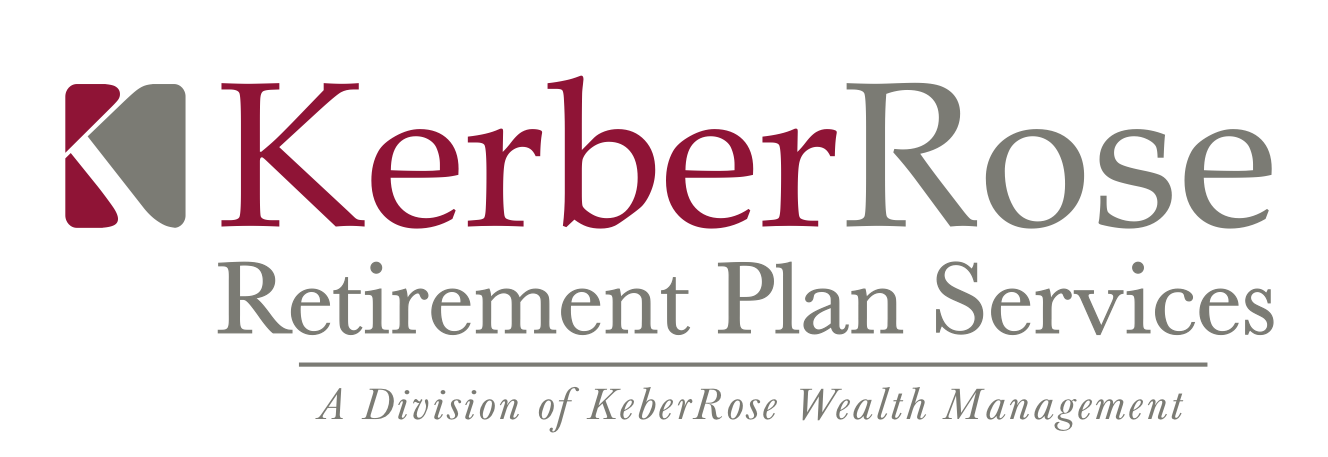How HSAs Can Benefit Small Employers and Their Employees
Navigating the challenges of recruiting and rewarding exceptional employees has many small business owners reevaluating the benefits that truly deliver value. Health Savings Accounts (HSAs) paired with High-Deductible Health Plans (HDHPs) are rising to meet the moment with powerful tax advantages for both employers and their teams.
What Is an HSA?
An HSA is a tax-advantaged savings account designed to help individuals pay for qualified medical expenses. To be eligible, employees must be enrolled in an HSA-qualified High-Deductible Health Plan (HDHP). Contributions to HSAs are made with pre-tax dollars, grow tax-free, and can be withdrawn tax-free for qualified medical expenses.
Why HSAs Make Sense for Small Employers
Tax Savings for the Business - Employer contributions to employee HSAs are tax-deductible, reducing the business’s taxable income. These contributions are not subject to payroll taxes, offering additional savings compared to traditional compensation.
Cost Control and Flexibility - HDHPs typically have lower premiums than traditional health plans. By offering an HDHP paired with an HSA, small businesses can reduce their healthcare costs while still providing meaningful benefits. Employers can choose to contribute to employee HSAs at a fixed amount or percentage, allowing for budget flexibility.
Employee Empowerment and Retention - HSAs empower employees to take control of their healthcare spending. Funds roll over year to year and remain with the employee even if they change jobs or retire, making HSAs a portable and valuable long-term benefit. This portability can be a strong retention tool, especially for younger workers who value financial independence.
Benefits for Employees
Triple Tax Advantage - Employees benefit from:
Pre-tax contributions
Tax-free growth on investments
Tax-free withdrawals for qualified medical expenses
This structure makes HSAs one of the most tax-efficient savings vehicles available.
Long-Term Savings Potential
Unused HSA funds can be invested, allowing employees to build a healthcare nest egg for retirement. Unlike Flexible Spending Accounts (FSAs), HSA funds do not expire annually.Financial Wellness
HSAs contribute to overall financial wellness by helping employees manage out-of-pocket healthcare costs and plan for future medical expenses. This can reduce financial stress and improve productivity.
Compliance and Best Practices
Employers must ensure contributions are “comparable” across employees—either the same dollar amount or the same percentage of the HDHP deductible. Contributions made through a cafeteria plan are exempt from comparability rules, offering more flexibility.
Final Thoughts
HSAs represent a strategic opportunity for small business owners to offer high-value benefits without breaking the bank. They align with modern workforce expectations for flexibility, financial wellness, and long-term planning. By integrating HSAs into your benefits package, you not only support your employees’ health but also strengthen your business’s financial foundation.
KerberRose is here to help small businesses navigate the complexities of retirement plans and employee benefits. If you're considering adding HSAs to your benefits strategy, your team of Trusted Advisors are ready to guide you every step of the way.
Tony Powers, AIF®, CFP®, CRPS® Shareholder
Tony Powers, President of KerberRose Wealth Management, has more than 20 years of experience in the financial services industry. He specializes in helping private and public sector employers set-up and manage their employee retirement plans. Tony provides Fiduciary Services and Support, Plan Design Consultation, Plan Benchmarking and Financial Wellness.


